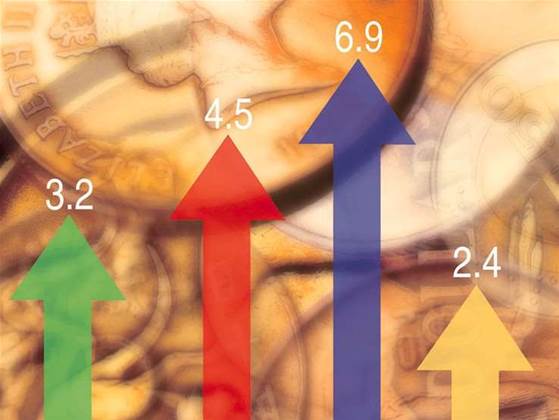
The analyst firm predicts that the market will be driven by increased uptake of person-to-person fund transfers, along with the commercialisation of mobile payments using near field communications (NFC) technology.
The sector is improving at a rapid rate as cooperation continues to increase, but resolving business models and revenue share issues need to be prioritised if the market is to succeed, according to the research.
Fortunately, Juniper claimed to be seeing a "genuine willingness" from major stakeholders to resolve their differences.
"The technology is available now to enable secure and fast payments to be initiated on the mobile phone," said report author Juniper Research analyst Alan Goode.
"The business model still needs some work but there are positive signals emanating from the industry that will create considerable revenue for all parts of the ecosystem. I am cautiously optimistic for the future success of mobile payments."
SMS-based person-to-person fund transfers and payments are expected to drive the mobile payment market in the developing world.
While in developed areas, greater availability of NFC devices for physical mobile payments, coupled with secure and easy-to-use applications backed by the large credit card organisations and financial institutions, will create a healthy alternative to cash and other mainstream payment applications.
NFC devices like those used in smartcards such as London's Oyster card can be embedded into mobile phones to offer users an alternative method of paying for items without needing to carry cash.

_(33).jpg&h=140&w=231&c=1&s=0)
_(23).jpg&h=140&w=231&c=1&s=0)







 iTnews Executive Retreat - Security Leaders Edition
iTnews Executive Retreat - Security Leaders Edition
 Huntress + Eftsure Virtual Event -Fighting A New Frontier of Cyber-Fraud: How Leaders Can Work Together
Huntress + Eftsure Virtual Event -Fighting A New Frontier of Cyber-Fraud: How Leaders Can Work Together
 iTnews Cloud Covered Breakfast Summit
iTnews Cloud Covered Breakfast Summit
 Melbourne Cloud & Datacenter Convention 2026
Melbourne Cloud & Datacenter Convention 2026
 The 2026 iAwards
The 2026 iAwards












_(1).jpg&h=140&w=231&c=1&s=0)



